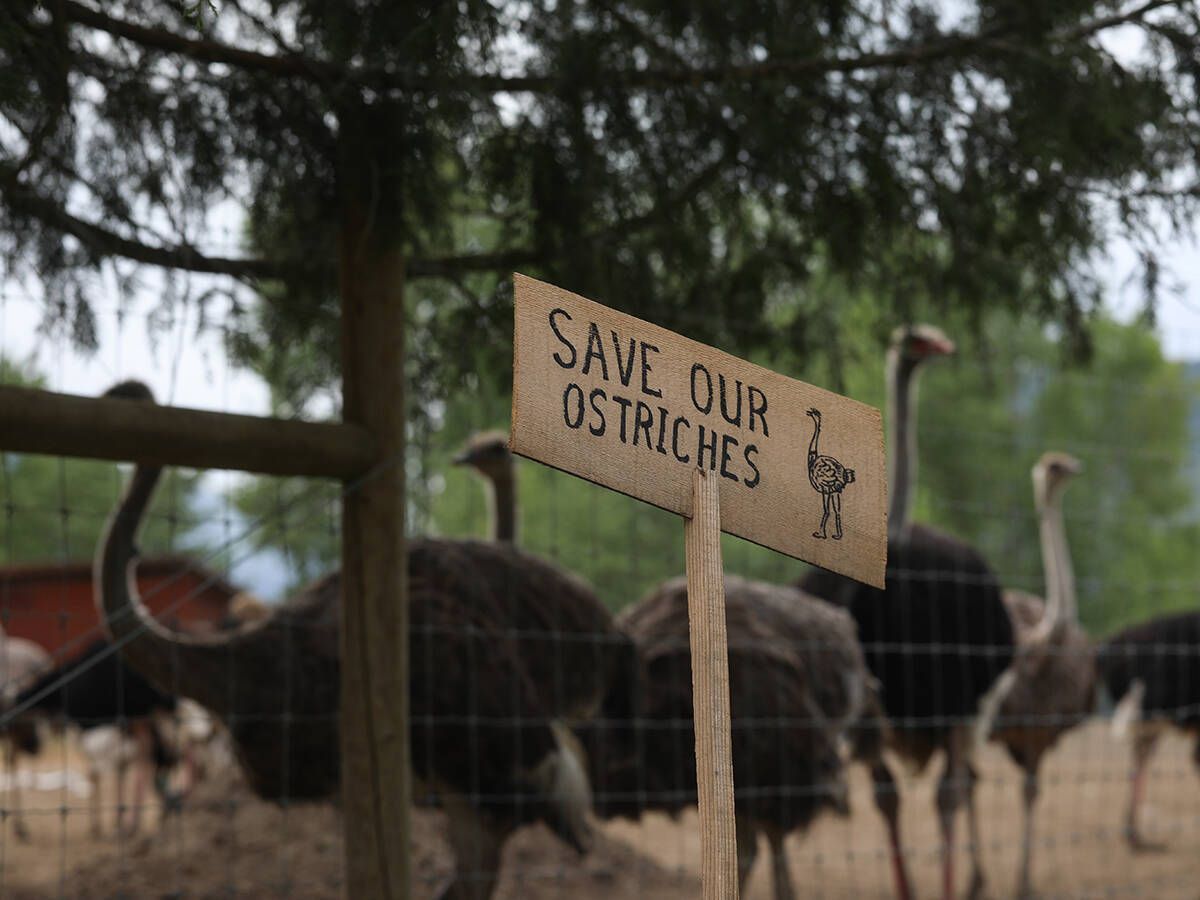The day after the federal election, rural child-care advocate Jane Wilson was ready to ask prime minister Paul Martin to make good on his promise of a national day-care system.
“I’m going to go down trying,” said Wilson of the need to ensure rural child care gets federal government funding. “Hopefully we can make sure the rural agenda gets addressed.”
Wilson used to manage the Langruth, Man., child-care centre which, over the past decade, has expanded into five other local villages.
For the last two years, she has been a child-care consultant working on the issue under a federally funded project called Rural Voices.
Read Also

Ostrich farm case shows power of social media
The social media circus surrounding the BC ostrich farm, could happen again in Canada, says communication expert
It has a website at www.ruralvoices.cimnet.ca and last week it distributed a binder called Rural Treasures.
The binder is the culmination of the project, although Wilson is looking for corporate donations to continue to build resources. The 200 copies of the binder have been distributed to rural child-care centres in Manitoba and Saskatchewan, government de-partments, child advocacy groups and small communities interested in developing their own centres.
It lists information, resources, recommended practices and challenges of rural day cares.
Wilson said the stories from Rural Treasures are similar in that “they’re all passionate. They’re all built in spite of everything. They are committed to their program.”
But each has unique qualities or settings based on their community’s needs. For example, the Alleykatz Early Learning Centre Inc. in Eastend, Sask., combines under one roof the day care, a cappuccino bar and pottery studio.
“Kids, clay and coffee – it works,” says the write-up.
In another example, the Country Kids Centres in Melita., Man., operates from a farm home, offering service seven days a week.
Wilson said rural child cares are different from urban ones because of distances travelled, the seasonal nature of farm work and the lack of formal training and facilities.
Even though Rural Voices is no longer a funded project, Wilson is staying on as a volunteer to keep the website current and to advise rural people who have questions.
“There’s lots of people looking after Toronto or Vancouver,” she said when asked why she spends personal time on rural issues.
Wilson will also ensure the rural perspective is part of a national conference on child care planned to be held in October in Winnipeg.














